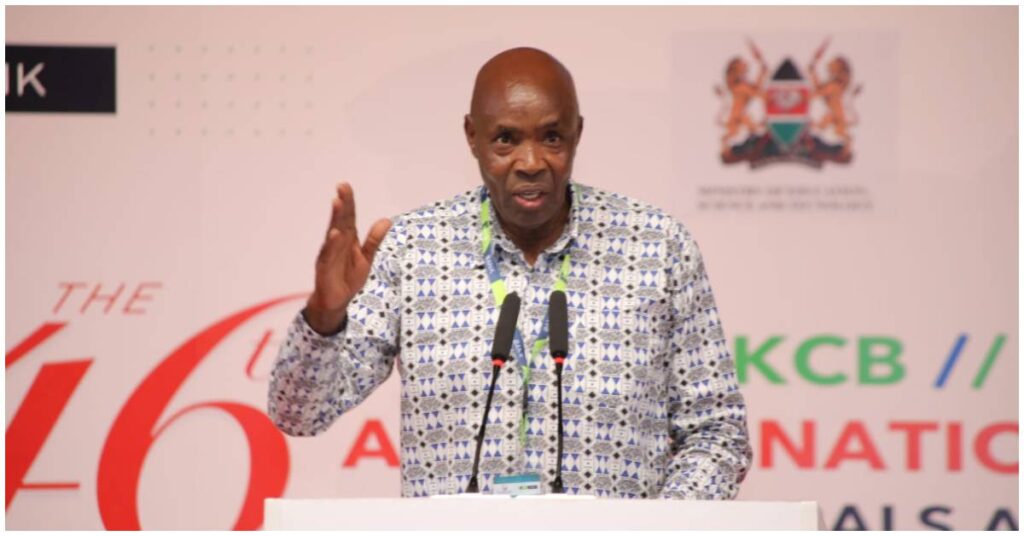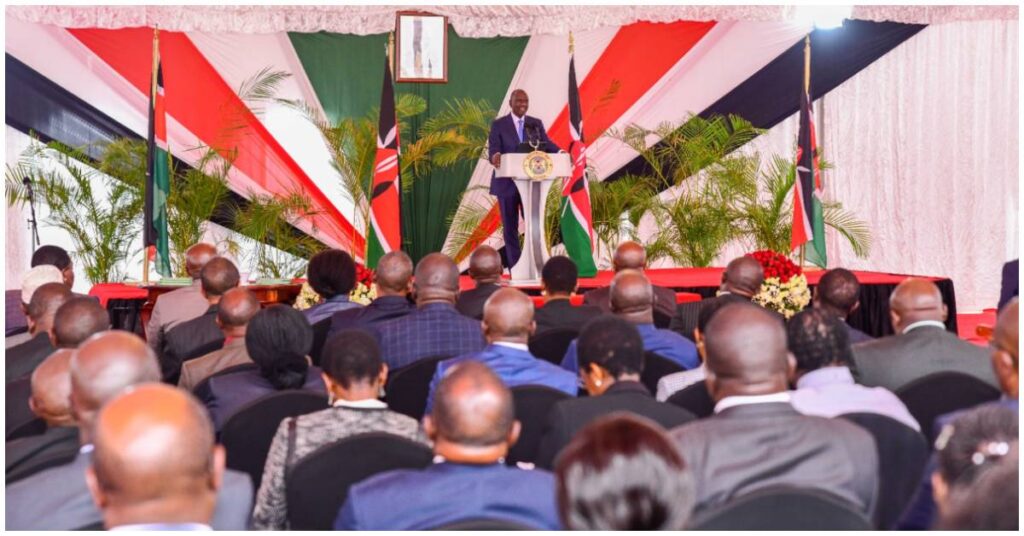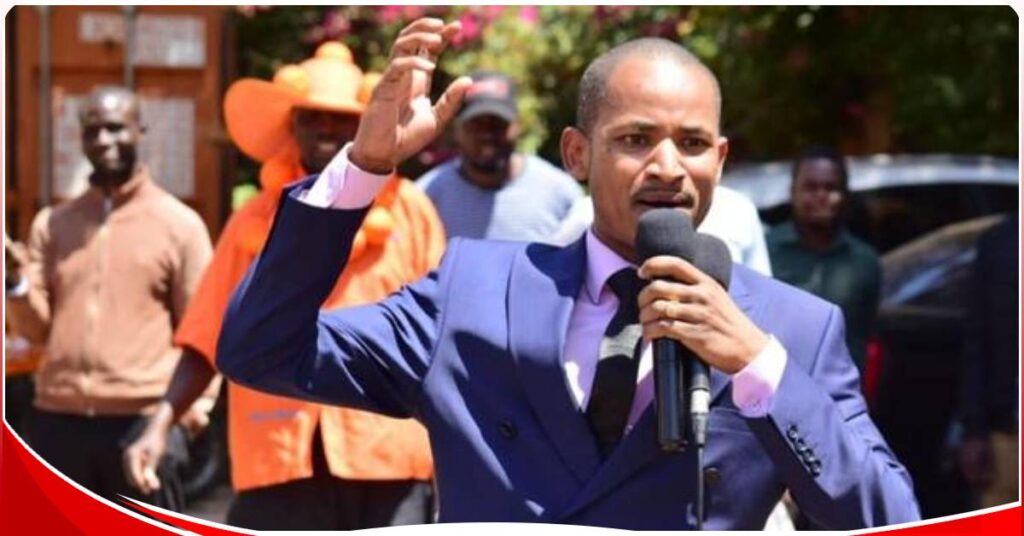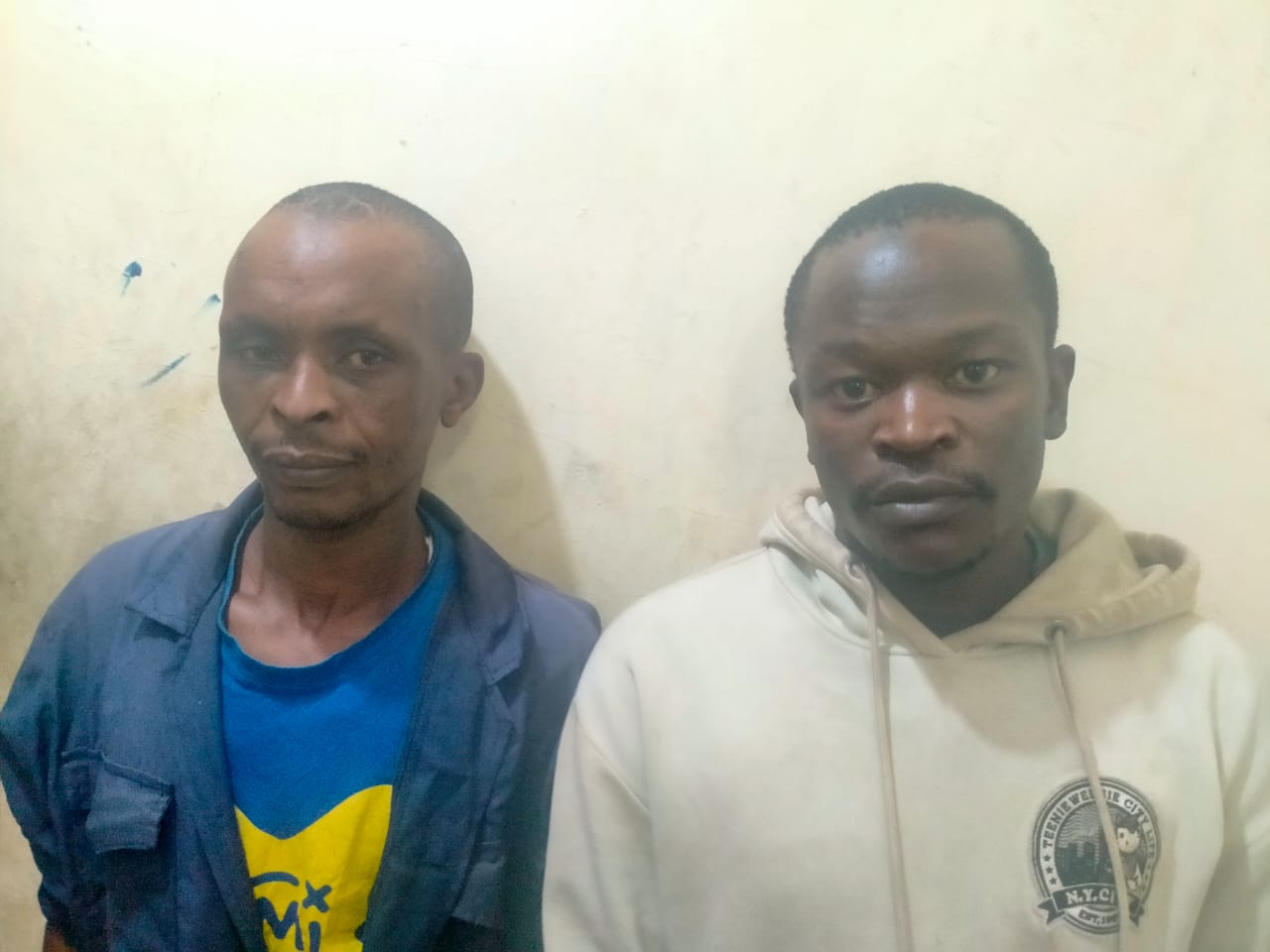Embakasi East Member of Parliament (MP) Babu Owino has called on student leaders across the country to lead protests against high university fees.
In a social media post on Saturday, Babu Owino stated that it is wrong for the government to increase university tuition fees.
“Student leaders across the country should come out and hold peaceful demonstrations to protect parents from paying heavy University Fees hiked by the Government.
“Wake up comrades and save the future of our children, save our Education System,” he added.

The lawmaker regrets that more than 800,000 students will be unable to join various public universities because of the high rates.
“I’m really saddened about the fate of our children joining Universities and how over 800k students will not afford Vasity Fees,” he wrote.
University funding model
This comes amid a stalemate over the new funding model affecting 2022 KCSE students.
Cabinet Secretary for Education Ezekiel Machogu on Wednesday declared that application deadline for government funding was pushed to October.
“The period for applying for loans and scholarships, which was initially set to conclude on September 7, 2023, has now been prolonged until October 7, 2023,” Machogu added.
The move came about to avoid locking out students who would have missed funding due lack of identification cards.
University admission process begins
As of September 5, a total of 156,5322 students had applied for both Universities Fund Scholarships and Helb loans, translating to 60 percent of students placed by the Kenya Universities and Colleges Central Placement Service (KUCCPS).
Last month, CS Machogu ordered all public universities to take in students without fees.

However, as the admission process kicked off towards the end of August, complaints were raised against several universities demanding payment of fees on the admission day.
Vulnerable students
Under the new university funding model, students will be categorized into four groups namely; the vulnerable, extremely needy, needy and less needy.
Government will provide 100 percent funding for the vulnerable while those deemed extremely needy will get 93 % government scholarship and 7% Helb loan to cover the balance.
The needy students qualify for a maximum of 53% percent scholarship and loans of up to 40% to cover the remaining fees.









